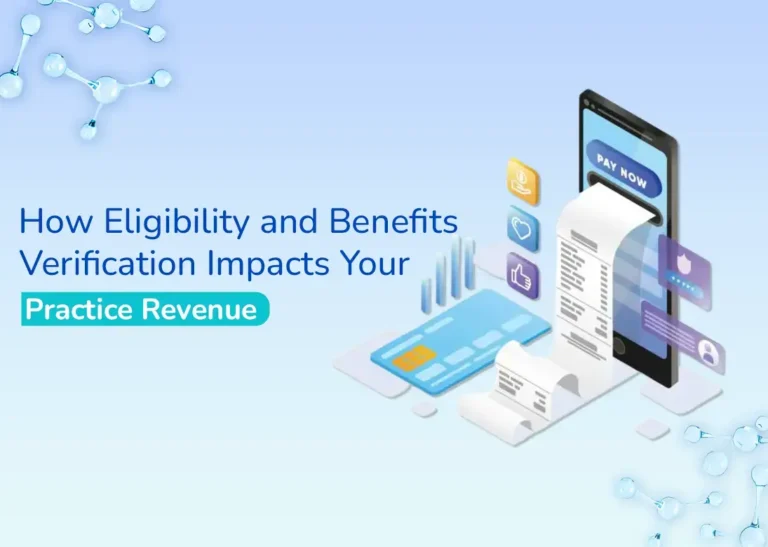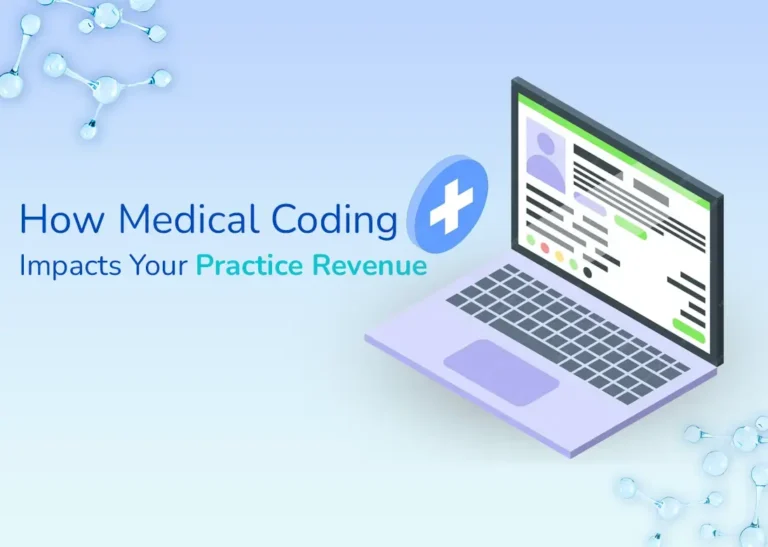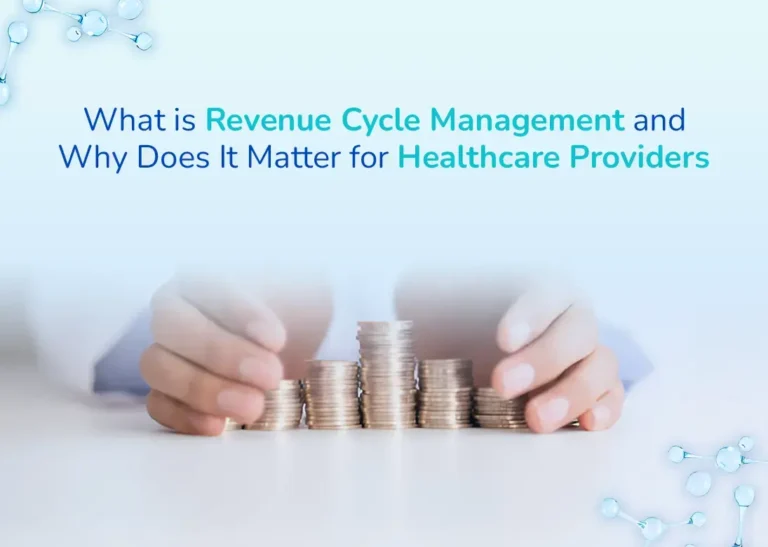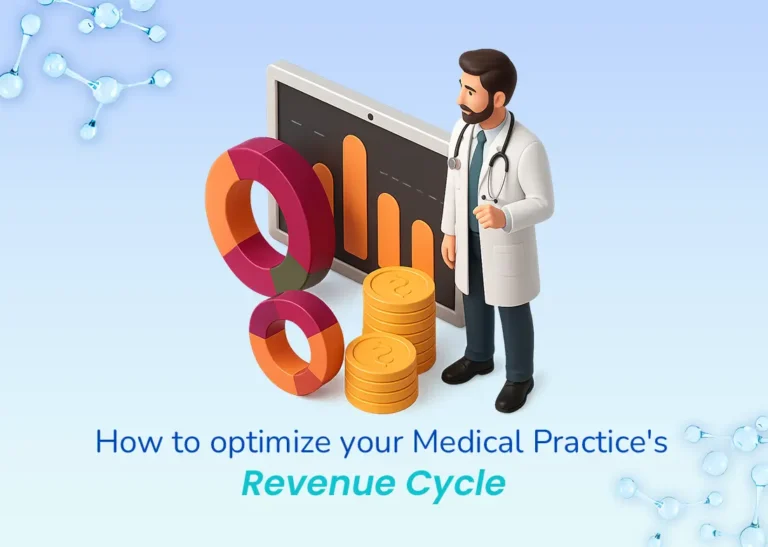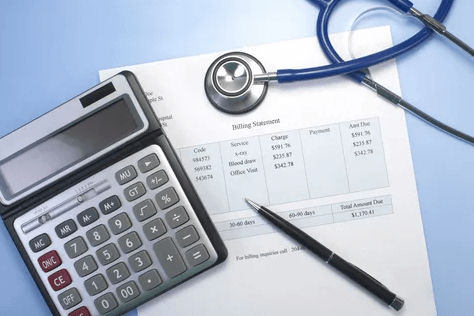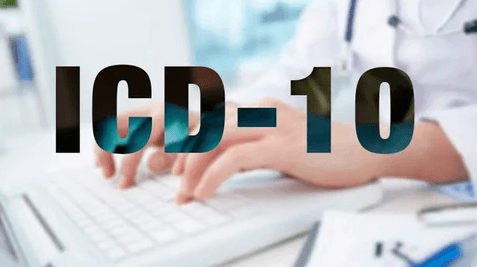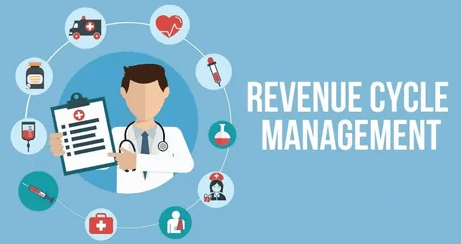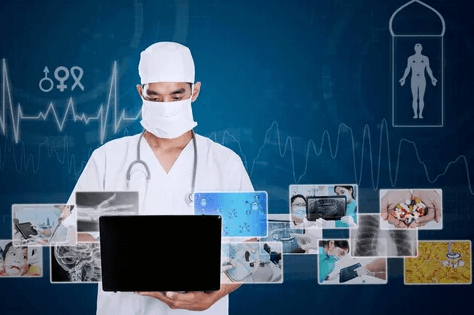-
New Australian Online Casinos
primelive casinos ≡ Perks Sports Log On Info New Australian Online Casinos Curious about new australian online casinos and what sets them apart. Here you’ll learn about top features, latest games, safety highlights, and how to get started. If you want insider tips, this is for you. By the end, you’ll know what makes these…
-
Online casino $20 min deposit Australia
primelive casinos ≡ Offers Poker Log On Info Online casino $20 min deposit Australia In this guide, let’s dive into how online casino $20 min deposit works. It’s useful if you want to begin playing with a low budget in Australia. If you look for high-stakes games, skip this. You’ll understand where to play safely…
-
How Eligibility and Benefits Verification Impacts Your Practice Revenue
In today’s increasingly complex healthcare landscape, efficient eligibility and benefits verification is critical to ensuring timely, accurate reimbursements and minimizing financial risks. Often considered an administrative task, eligibility and benefits verification plays a central role in the revenue cycle, directly influencing your practice’s cash flow, reimbursement rates, and overall financial health. At CapitalMed Solutions, we…
-
How Medical Coding Impacts Your Practice Revenue
In the competitive healthcare industry, medical coding plays a fundamental role in determining the financial success of a practice. Beyond just a technical task, accurate and efficient medical coding is integral to optimizing revenue cycle management (RCM) and ensuring the sustainability of a healthcare business. At CapitalMed Solutions, we understand the far-reaching impact of medical…
-
What is Revenue Cycle Management (RCM) and Why It Matters for Healthcare Providers
In the healthcare industry, delivering exceptional patient care is only one part of the equation. To sustain and grow a medical practice, healthcare providers must also ensure that their financial operations are efficient, accurate, and compliant. This is where Revenue Cycle Management (RCM) becomes not just important—but essential. At CapitalMed Solutions, we understand that the…
-
10 Tips to Reduce Medical Billing Claim Denials
Medical billing claim denials are one of the most significant obstacles healthcare providers face when it comes to maintaining a healthy cash flow. The consequences of these denials can lead to delayed payments, increased administrative burdens, and a substantial loss of revenue. Reducing claim denials should be a priority for any medical practice seeking to…
-
How to Optimize Your Medical Practice’s Revenue Cycle
In an increasingly complex healthcare environment, optimizing the revenue cycle is critical to maintaining the financial health of any medical practice. A well-managed revenue cycle improves cash flow, minimizes claim denials, and enhances the overall efficiency of your operations. However, many providers face challenges due to administrative inefficiencies, inaccurate coding, and delays in collections. Understanding…
-
Harness the Power of Patient Reviews to Elevate Your Practice
In a world where consumer opinions shape decisions, harnessing the influence of reviews is key to thriving in the healthcare landscape. From Amazon to Uber, review culture permeates every industry, and healthcare is no exception. At Capital Med Solution, we recognize the value of positive sentiment in driving patient engagement and practice growth. In fact,…
-
A Guide to Optimize Content for Healthcare Site to Boost Online Visibility.
In today’s digital age, establishing a strong online presence is paramount for healthcare providers looking to connect with patients, build trust, and stay competitive in a crowded market. With millions of users turning to the internet for health-related information, optimizing content for healthcare websites has never been more critical. This comprehensive guide aims to provide…
-
Why Companies Need Medical Billing Services
In the complex world of healthcare, where every transaction involves meticulous attention to detail and adherence to stringent regulations, the role of medical billing services cannot be overstated. These services serve as the backbone for healthcare providers, ensuring seamless operations, accurate billing, and timely reimbursement. But why exactly do companies, whether small clinics or large…
-
Boost Post-Service Patient Collections In Healthcare (In 4 Steps)
Effective patient collections are vital for the financial health of healthcare organizations. However, navigating post-service collections can be challenging, especially in an evolving healthcare landscape. In this blog, we’ll outline a four-step approach to boost post-service patient collections and optimize revenue cycle management. Prioritize Patient Education and Communication Start by educating patients about their financial…
-
5 Most Unproductive Touches In The Healthcare RCM Process
Efficient revenue cycle management (RCM) is essential for the financial health and operational efficiency of healthcare organizations. However, certain processes within the RCM workflow may inadvertently lead to inefficiencies and wasted resources. In this blog, we’ll explore the five most unproductive touches in the healthcare RCM process and discuss strategies for streamlining these processes to…
-
What are the 3 types of medical billing systems?
Introduction Medical billing systems are crucial in healthcare administration, ensuring efficient financial processes. Three primary medical billing systems exist paper-based, electronic, and hybrid. Paper-based systems involve physical documentation, making them time-consuming and error-prone. In contrast, electronic systems utilize software to streamline billing processes, enhancing accuracy and speed. Hybrid systems combine both approaches, allowing healthcare providers…
-
The Importance of Accurate Documentation in Medical Billing
Introduction Accurate documentation plays a pivotal role in medical billing, with far-reaching implications for healthcare providers, patients, and the healthcare system. This critical practice ensures proper reimbursement, compliance with legal and regulatory standards, and patient safety. It also guards against fraud and abuse, streamlines revenue cycle management, and enhances the overall quality of healthcare services….
-
What is the difference between medical billing and dental billing?
Introduction Though both integral to healthcare revenue management, medical billing, and dental billing exhibit notable disparities in their practices and requirements. The primary divergence lies in their scope of practice, as medical billing pertains to a broader spectrum of healthcare services, encompassing hospitals, physicians, and various specialties, while dental billing centers exclusively on dental procedures….
-
Trends in Healthcare Billing: What to Expect in the Next Decade
Introduction As we embark on a new decade, the landscape of healthcare billing is poised for significant transformation. The healthcare industry continuously adapts to technological advancements, changing patient expectations, and evolving regulatory environments. In this exploration of “Trends in Healthcare Billing: What to Expect in the Next Decade,” we will delve into seven key areas…
-
Patient-Centric Approach to Medical Billing: Improving Transparency and Communication
Introduction to Patient-Centric Medical Billing Patient-centric medical Billing represents a paradigm shift in healthcare administration, emphasizing the patient’s experience and financial well-being. Traditionally, billing processes needed to be more opaque, often confusing and frustrating patients, leading to billing disputes and delayed payments. In contrast, a patient-centric approach prioritizes transparency, clear communication, and empowerment. This approach…
-
Understanding the Impact of ICD-10 Coding on Medical Billing
Introduction to ICD-10 Coding ICD-10, or the International Classification of Diseases, 10th Edition, is a standardized coding system used in the healthcare industry to classify and document diseases, conditions, and medical procedures. Introduced globally in 2015, it replaced the older ICD-9 system. ICD-10 offers a more comprehensive and specific coding structure, allowing healthcare providers to…
-
Streamlining Healthcare Revenue Cycle Management for Better Financial Health
Introduction to Healthcare Revenue Cycle Management (RCM) Healthcare Revenue Cycle Management (RCM) is a crucial operational framework within healthcare institutions that ensures effective financial processes. It encompasses the entire patient care journey, from registration to claims processing, payment collection, and revenue generation. RCM is pivotal in optimizing revenue streams, enhancing financial stability, and maintaining smooth…
-
Ensuring Compliance: Best Practices in Medical Billing and Coding
Introduction Ensuring medical billing and coding compliance is paramount to maintaining accuracy, legality, and financial stability within healthcare systems. Best practices involve meticulous documentation, aligning codes with diagnoses, and adhering to industry standards like HIPAA and ICD-10. Regular training for staff, continuous auditing, and embracing technology aid in preventing errors and fraud. Proper communication between…
-
The Role of Technology in Modern Healthcare Billing
Introduction In the contemporary healthcare landscape, the significance of technology in healthcare billing cannot be overstated. With the rapid advancements in digital tools and systems, technology is pivotal in transforming traditional billing practices into streamlined, accurate, and patient-centric processes. The intricate nature of healthcare billing demands precision, transparency, and efficiency, which modern technology offers through…
-
Navigating the Complex World of Medical Billing: A Comprehensive Guide
Understanding the Basics of Medical Billing: An Introduction The introduction to medical billing and its significance shed light on its pivotal role in healthcare. Exploring key terminology and concepts, such as ICD-10 codes, CPT codes, and claims processing, provides a foundational understanding. Moreover, recognizing the role of medical billing within the healthcare ecosystem reveals its…


